
Life Matters | Sep 08,2024
Feb 12 , 2022.
There is not much news as grim as those concerning Ethiopia's political situation in degeneration. If there was any hope of reform back in 2018, where views had appeared to compete in the marketplace of ideas, they have been squashed under the weight of bare-knuckle struggle for the life and soul of the country. The evidence abounds where war, violent conflict, humanitarian crisis, displacement and massacre have become a norm.
The occasional violent bout between communities coexisted, mainly because of land, does not even make the news anymore. The attention is on wars and flared up insurgencies. The latter is most alarming in the Benishangul-Gumuz and Oromia regional states, where violence and the slaughter of innocent civilians are all too common as the federal government battles insurgencies.
The war in the north needs no reminder. It has caused the deaths of tens of thousands, the displacement of millions and the wanton destruction of physical assets of a country as poor as Ethiopia can ill afford. Perhaps nothing is more tragic with the civil war than its pitting of people who share close history, culture and ancestry. An entire population in Tigray Regional State remain cut off from all essential services that sustain life; populations in neighbouring states of Afar and Amhara continue to suffer from the consequences of unabated militarised conflict. It is woeful as it is deplorable!
Many in the rest of the country seem to have difficulty comprehending co-existence once again - a significant challenge as leaders of the warring sides are pressured for peace through negotiated settlements. Nonetheless, both sides may ask if spilt water can ever be put back into a container. The question “How can we trust them again?” lingers on about groups they have been persuaded and come to believe are existential threats.
It may seem a fair question to ask. It shows how crucial it is to acknowledge that things may never be the same again, for better or worse. New normal emerges, which will require the courage and foresight of leaders to ensure that it is an improvement over what has come beforehand.
The question of trust is another matter. There can be no conclusive answer to whether politics will regress towards war again. The price of freedom from fear and peace, like everything else desirable, is constant vigilance. Part of this watchfulness is for opposing sides to create and maintain the conditions for peace by empathising with the views and causes of the “other” and working to remove the insecurities that are felt mutually. Trust requires bold measures that show the willingness of one another to realise peace and a leap of faith that the other side also wants to move on from suffering.
Peace - the respite from an active violent engagement - needs to come before trust can be established; it will not work the other way around. The guns need to be silent. It would be impossible to hear one another through all of the continued sufferings. More importantly, a truce means that the bodies are no longer piling up, which makes reestablishing trust more likely. It is naïve to expect the other side to come to the negotiating table and take a leap of faith in peaceful co-existence if they continue to be losing their loved ones.
Truce makes the normalisation of relations between the parties in this regrettable war that represent the contending sides possible. The consequences of such a development could mean opening lines of communications, transport and bank services and reinstating commerce between the population. Such an indispensable move can hammer in the point that communities will recognise and appreciate how much they have relied on one another and why co-existence makes life bearable even if the opposing sides may not suddenly be allies.
Instrumental in the path to peace and the re-establishment of trust is recognising that none of those things could be realised as long as a feeling of humiliation persists. All wars in Ethiopia's past ended when one side was finally victorious and imposed peace on the vanquished. Hence, why Ethiopia has not been able to secure sustainable political stability. But the weak do not stay for long that way, and neither do the strong. In time, the tables will turn around. The cycle of conflict will continue proving that battlefront victory is only transitory in the long term. Look no further: Ethiopia’s history is a good source of this lesson.
An imposed peace is equivalent to humiliation. The victors have the military, political and economic power to force their will upon the defeated as all past regimes have done. The vanquished cause left unaddressed because, at best, the victors have not the incentive to appropriately consider the legitimacy of their political opponents or, at worst, deem their cause inherently illegitimate. They have used force to squash any further resistance. There would be a cause to struggle for the defeated, which they have always done.
The lesson of ensuring that peace does not come on the terms of humiliation is best exemplified in the aftermath of the First World War. The Allies won and forced Germany to sign the Treaty of Versailles, which attributed all responsibility for the war to the latter. It was considered a Carthaginian peace, which seeks to permanently subjugate the losing side, which inspired national resentment in Germany. A decade later, the country gave into a clique of fascists that sold racism and hostility to the public in the package of recovering national dignity. What followed was the Second World War. The rest is history.
It is now abundantly evident that there can be no winners in Ethiopia’s current war. But there appears the tendency to portray the other as "defeated", finally considering coming to the negotiating table because they are weak and unable to continue the fighting. This is disturbing, if not detrimental. The attempt to humiliate "the other" not only makes sustainable peace unattainable. It will also threaten protracted conflict by robbing the opposing side of its dignity, dehumanising them and belittling "causes" they have proven they will sacrifice their lives to advance.
It will be impossible to secure enduring peace without recognising persistent insecurities and fears. As long as a feeling of humiliation persists, it is highly likely that groups will continue to resist, including calls for peace. It does not mean that opposing sides need to see eye to eye on all matters of politics. This will never happen. But they need to show that they empathise with the cause of their political adversaries for the far more significant benefit of co-existence and keeping war at bay. Such mindfulness can sow the seeds of trust that could blossom into sufferable peace.
PUBLISHED ON
Feb 12,2022 [ VOL
22 , NO
1137]

Life Matters | Sep 08,2024

View From Arada | Apr 29,2023
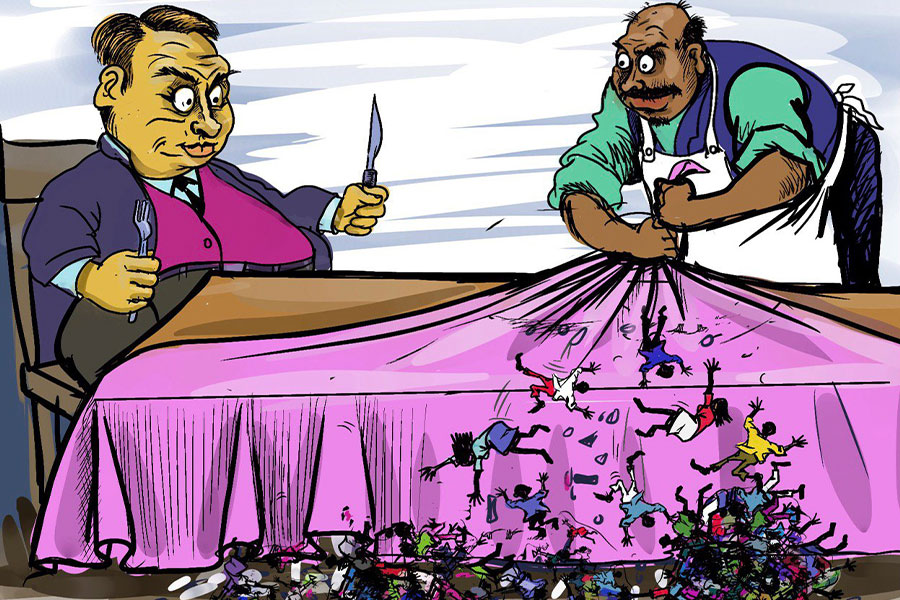
Editorial | May 31,2025

Advertorials | Apr 10,2023
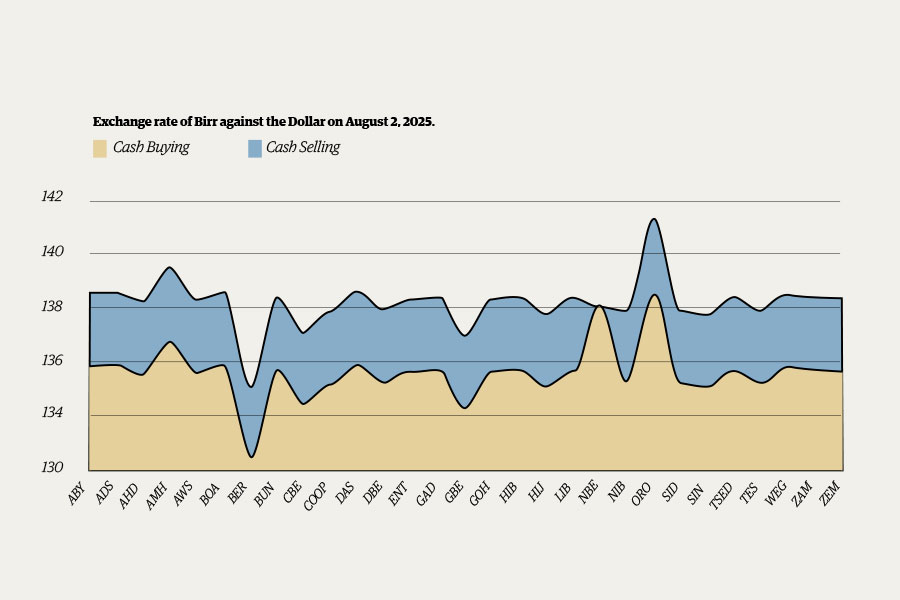
Money Market Watch | Aug 03,2025

Fortune News | Feb 18,2023

Radar | Sep 14,2019
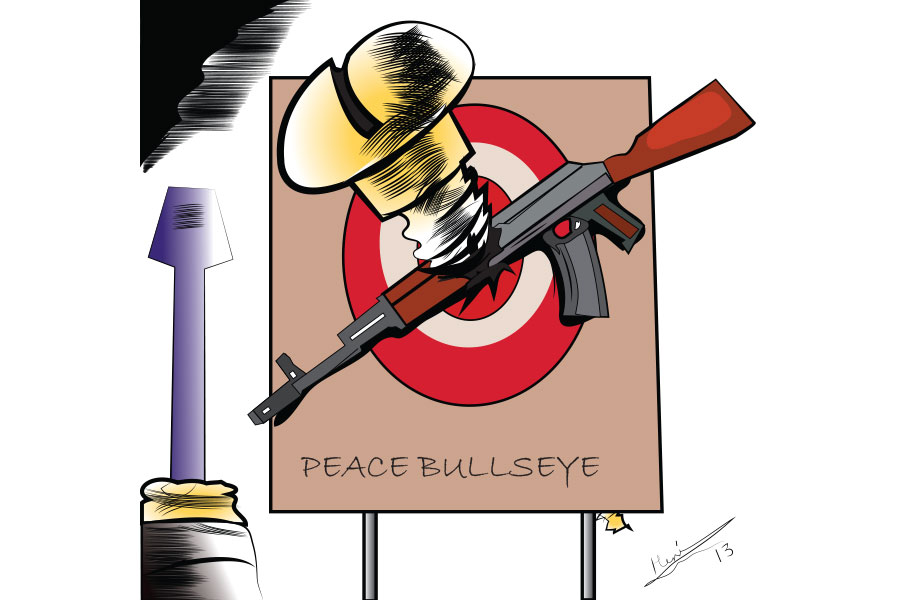
Editorial | Jul 03,2021

Fortune News | Oct 12,2019
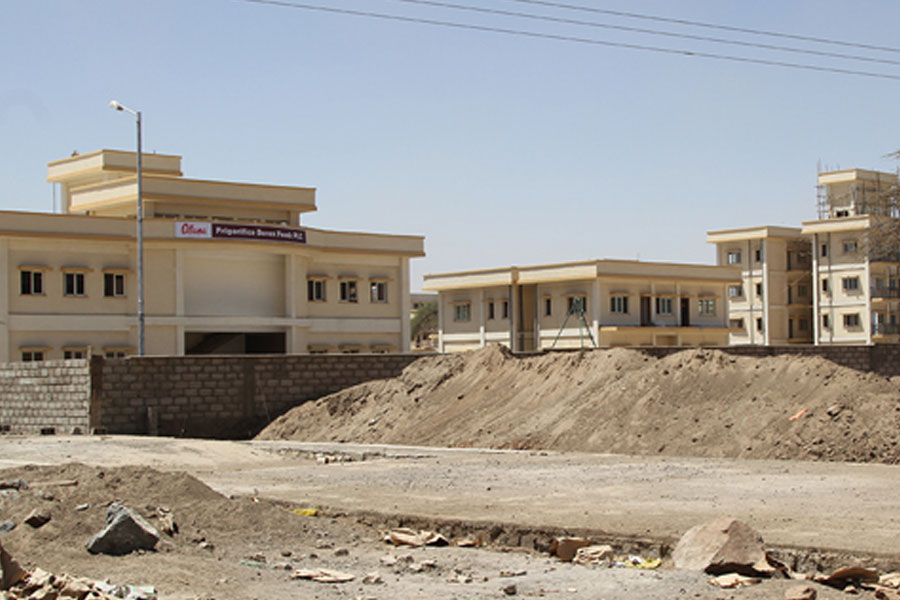
Fortune News | May 15,2021

Photo Gallery | 157058 Views | May 06,2019

Photo Gallery | 147349 Views | Apr 26,2019

Photo Gallery | 135927 Views | Oct 06,2021

My Opinion | 135292 Views | Aug 14,2021

Dec 22 , 2024 . By TIZITA SHEWAFERAW
Charged with transforming colossal state-owned enterprises into modern and competitiv...

Aug 18 , 2024 . By AKSAH ITALO
Although predictable Yonas Zerihun's job in the ride-hailing service is not immune to...

Jul 28 , 2024 . By TIZITA SHEWAFERAW
Unhabitual, perhaps too many, Samuel Gebreyohannes, 38, used to occasionally enjoy a couple of beers at breakfast. However, he recently swit...

Jul 13 , 2024 . By AKSAH ITALO
Investors who rely on tractors, trucks, and field vehicles for commuting, transporting commodities, and f...
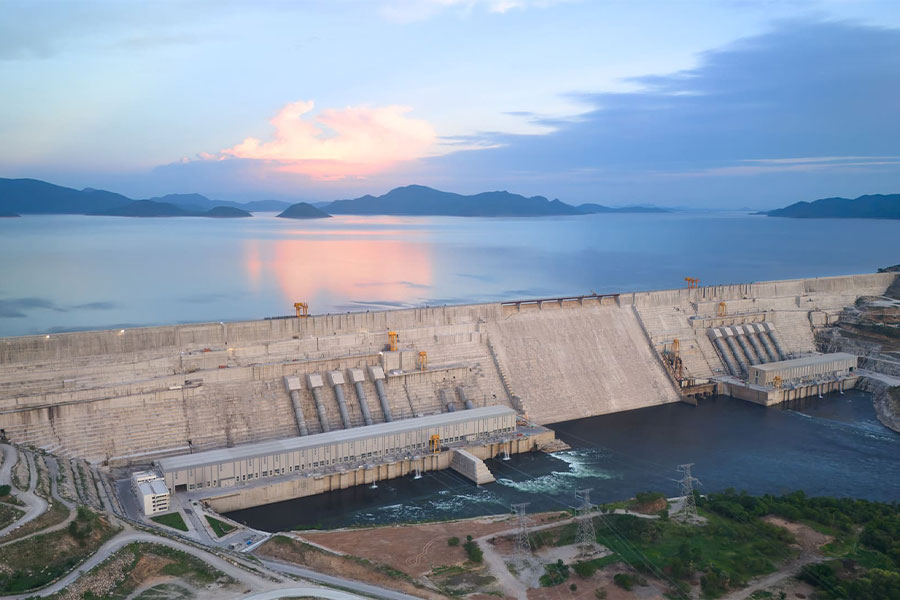
Sep 15 , 2025 . By AMANUEL BEKELE
The Grand Ethiopian Renaissance Dam (GERD), Africa's largest hydroelectric power proj...
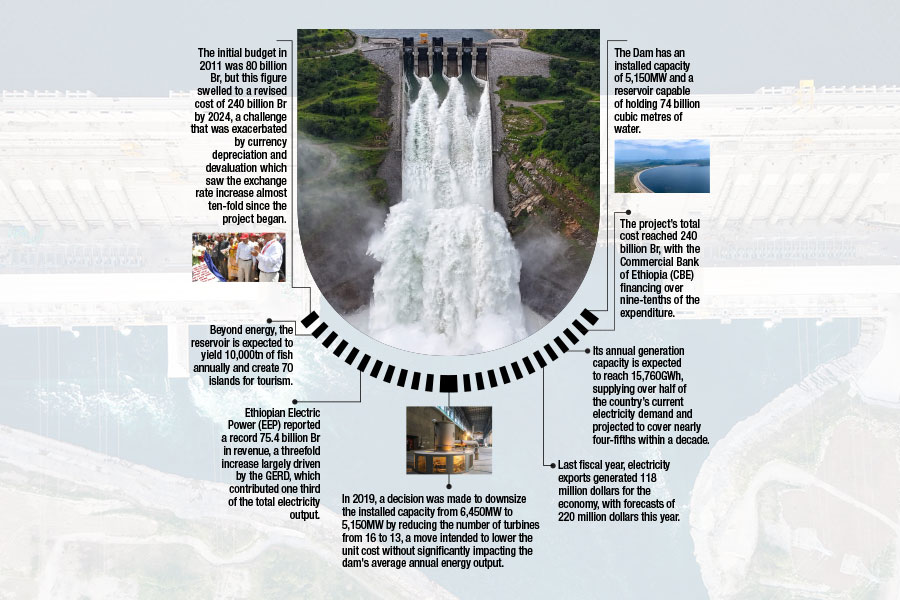
Sep 13 , 2025
The initial budget in 2011 was 80 billion Br, but this figure swelled to a revised cost of 240 billion Br by 2024, a challenge that was exac...

Banks are facing growing pressure to make sustainability central to their operations as regulators and in...

Sep 15 , 2025 . By YITBAREK GETACHEW
The Addis Abeba City Cabinet has enacted a landmark reform to its long-contentious setback regulations, a...